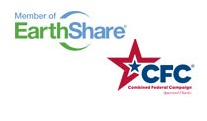Professional Development Opportunities
Professional Development is a great way to build skills and to learn about the most current information. Some programs might offer continuing education units or even graduate credit.
Do you know of a Professional Development opportunity that should be on our list? Let us know!


